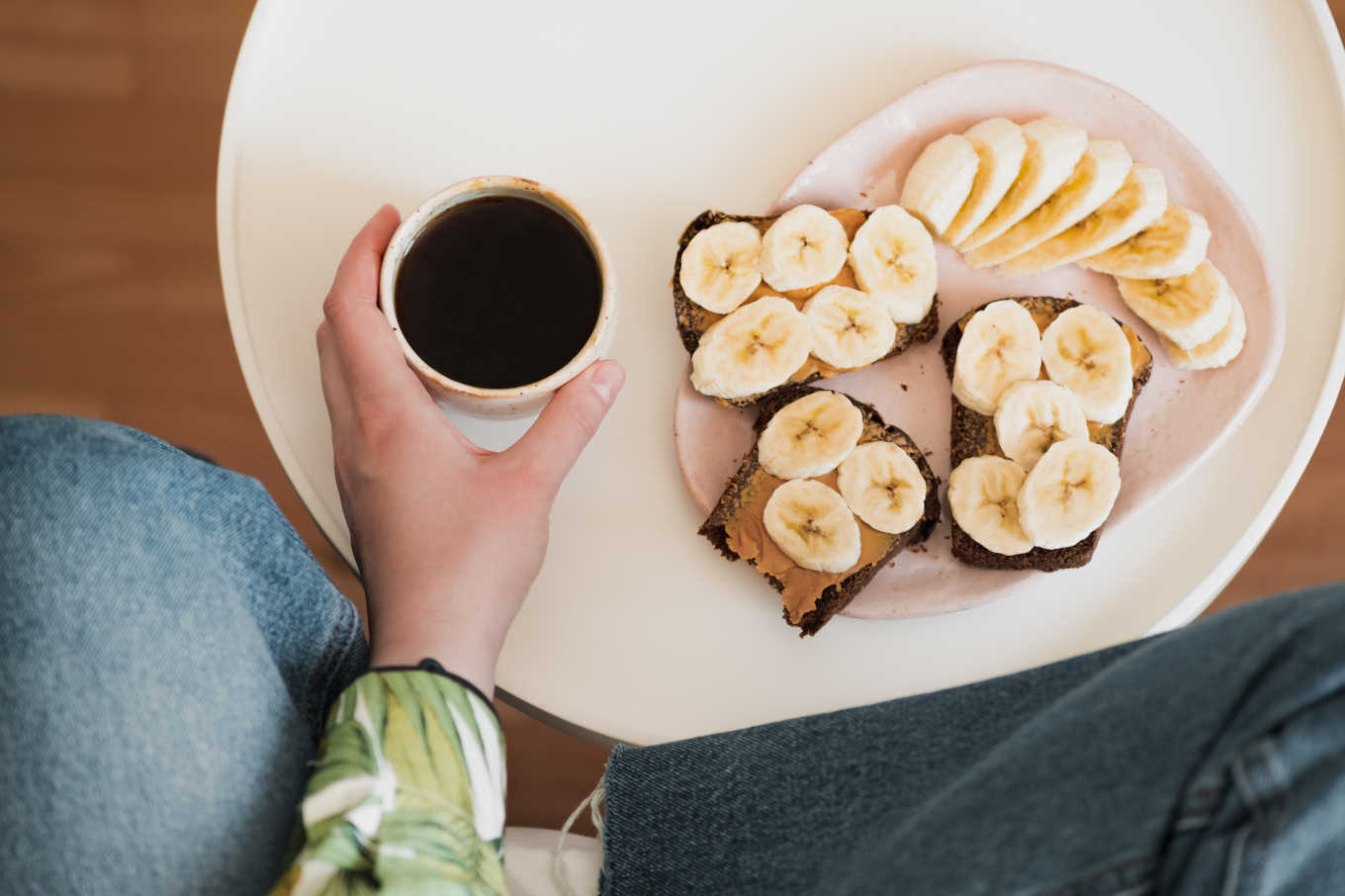3 major nutritional benefits of peanut butter and new recipes you can start making today!
- 2 Minutes Read
Loaded with nutritional benefits, natural peanut butter is a healthy choice for those without peanut allergies. Here's how this popular nut butter stands out, along with some of our favorite easy peanut butter recipes.
An energy-dense seed, peanut butter packs in a powerhouse of calories for its tiny volume. A standard two-tablespoon serving of peanut butter contains 190 calories, 7 grams of carbohydrate, 2 grams of fiber, 16 grams of fat, and 7-8 grams of protein. A little bit of peanut butter goes a long way. So, watch your portions if your goal is weight loss.
Although peanut butter is high in fat, like all nut butter, most of the fat comes from heart-healthy polyunsaturated and monounsaturated fatty acids. One serving of peanut butter contains 16 grams of fat; only 3 grams of this fat is saturated (the type that clogs arteries).
Peanut butter is a good source of several vitamins and minerals, including:
Vitamin E 29% DV (daily value)
Niacin 26% DV
Manganese 23% DV
Copper 15% DV
Magnesium 13% DV
Natural peanut butter is made with only peanuts and salt and is the least processed form you can buy. However, the oil will separate at room temperature and requires refrigeration after opening. To make it easier to spread, place it at room temperature (between 30-60 minutes) to soften.
Tip: After buying natural peanut butter, stir it well while it is still at room temperature BEFORE you put it in the refrigerator. There will be little if any separation while the nut butter is cold.
If the extra care involved with natural nut butter annoys you, then go for no-stir, but beware of the added fats. Some companies use partially hydrogenated oils to make their "no-stir" and shelf-stable "natural" peanut butter. Read the ingredient list for partially hydrogenated oils and avoid brands containing them. No amount of industrially-produced trans fats is healthful.
No-stir peanut butter typically contains a small amount of added saturated fats such as palm oil or fully hydrogenated vegetable oils. The saturated fat content increases a little (about 1/2-1 gram) per serving, but on the other hand, you avoid intake of trans fats.
Most commercial no-stir peanut butters contain very little added sugar. One serving contains about 1 gram of added sugar on top of the 1-2 grams of naturally occurring sugar from the peanuts. Steer clear of the specialty "cookie butter" spreads that add 11-12 grams of sugar and include 0-1 gram of protein.
Sodium content varies by brand, but peanut butter is not typically high in sodium. For instance, Skippy and Jif both contain about 150mg/serving, whereas Maranatha contains 70mg/serving. Watch what you put peanut butter on. Most brands of bread add 200mg sodium/slice, and many cracker brands can reach over 300mg sodium per one-ounce serving. For lower sodium, peanut butter is great lightly spread on an apple, banana, or celery.
If you enjoy the flavor of peanut butter yet hesitate about the high-calorie and fat content, you may consider peanut butter powder. Made from roasted and pressed peanuts, peanut butter powder results from removing much of the oil from the peanuts then grinding them into a fine powder. It is 50% lower in calories than regular peanut butter. Add to oatmeal, smoothies, or reconstitute with a bit of water to spread on toast.
So versatile, nut butter easily incorporates into snacks and meals. Here are a few of our favorite ways to use peanut butter.
High-protein green peanut butter smoothie
Rich in potassium and protein, this smoothie from MyNetDiary uses peanut butter powder to keep the calorie and fat content low, while the banana and Greek yogurt adds creaminess. Try it for a quick breakfast or snack.
Peanut butter energy balls
Are you looking for a tasty snack that you and your kids will enjoy? These no-bake energy balls are versatile treats, though watch the portions. Two energy balls contain 174 calories and 9.7 grams of fat. Double the recipe and freeze it for up to three months.
African chicken
A tasty family dinner, this flavorful slow cooker recipe from MyNetDiary makes six portions. Serve over rice or quinoa for a complete meal.
Peanut butter breakfast bars
Dairy-free, gluten-free, and rich in omega 3 fatty acids, these breakfast bars hit a home run. Make ahead and enjoy breakfast on the go during the week.
Tempeh and rice noodle salad with peanut sauce
Bursting with flavor, this plant-based noodle salad from MyNetDiary loads up a variety of vegetables. It contains 422 calories per serving and makes excellent leftovers.
Updated by Joanna Kriehn, MS, RDN, CDCES on September 8, 2021
Still new to MyNetDiary? Learn more today by downloading the app for FREE.
Foods & Recipes->Nuts & Seeds Nutrients->Fats